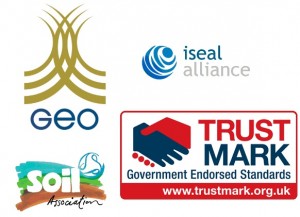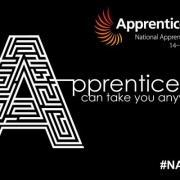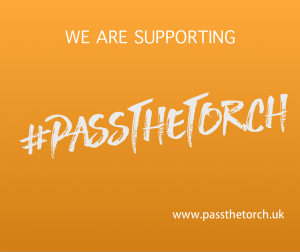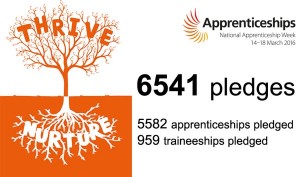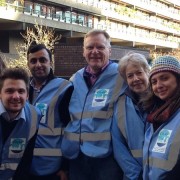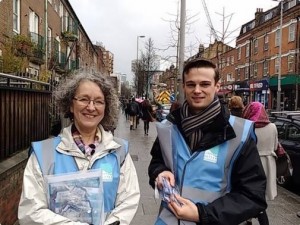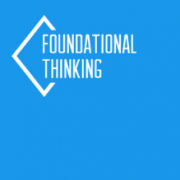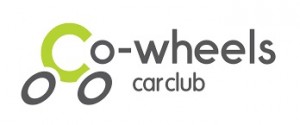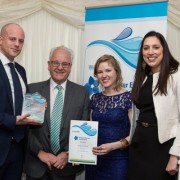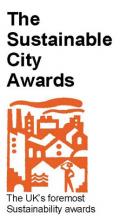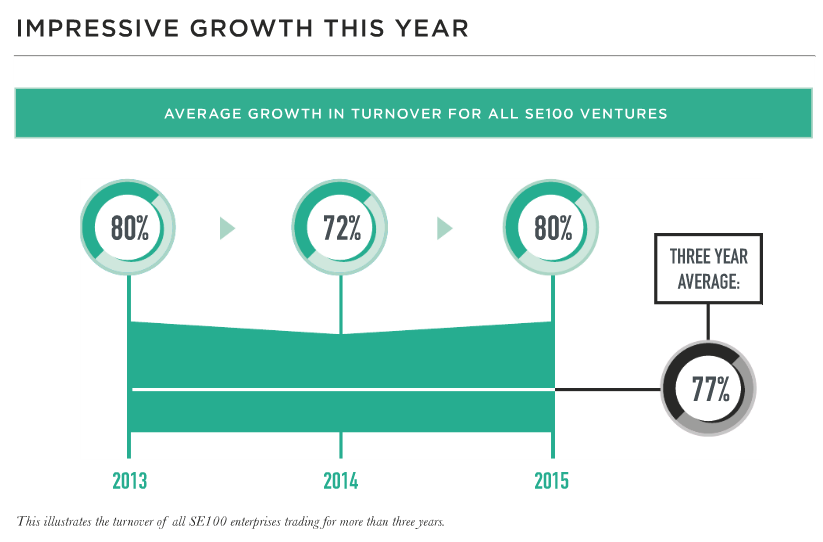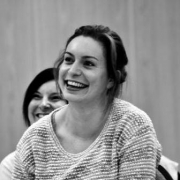 By Kat Luckock, Founder of Share Impact
By Kat Luckock, Founder of Share Impact
I like to think of social entrepreneurs as innovative ground-breaking, revolutionary AND tech savvy. The type of people who want to create change and are at the fore-front of the technology landscape – maximising the best tools to advance their business and deliver phenomenal impact.
Although there are many examples of social entrepreneurs who are like this, the majority of us at the early stage of business (1-3 years in) tend to be stuck in the reality of do, do, do and not lifting out head up to discover what tools could help us.
Okay so you’re using email, Office 365, sharing documents with your team via Google Drive (or something similar), and frequently look up your competitors on Facebook or LinkedIn but you have no idea what else is out there to help your organisation when it comes to digital technology.
No one would argue that when it comes to digital technology the world has moved on phenomenally over the past 20 years. In fact, the pace of change is difficult to keep up with at times. But how are we supposed to keep apace of all these changes and more importantly identify and decide which technologies are most useful to us day-to-day in our business?
In the first of my four guest blogs (released over the next couple of weeks), I wanted to share a variety of tools that could help your social enterprise increase its productivity, save time and as a result save money.
All the tools mentioned below are free to use, with upgrades for extra features and larger capacity. I’m sharing both tools I’ve used and some I’ve heard others recommend. They cover everything from diary management to lead generation, sales to CRM systems.
The first thing I want to introduce you to though is a little thing called Zapier. It’s like a wonder tool that links everything up so you can automate workflows and alleviate repetitive tasks in your business. Seriously, I could write a whole blog post just about this, there’s so much possibility with the tool. But if you’re using some of the other tools I mention below and you want simplify how they all connect up then check if Zapier can do that first.
Time killers! I focus in the rest of the blog on things that eat up time in your business, which could be simplified, automated or completely avoided with one of these tools.
General
The first one I know we all struggle with is losing passwords. Especially when you’re working across teams, you have new volunteers or interns helping out every couple of months, and you have to update your passwords regularly to stay secure. LastPass is your answer. Never forget a password again and give access to team members at the click of a button all in one secure place.
Time waster number two; Printing out documents like contracts and funding applications to sign and then scan back in to your computer to send via email. HelloSign is a simple tool that allows you to sign documents electronically, without all the faff and unnecessary printing.
Been sent a file or document you can’t open? Cloud Convert supports the conversion between more than 200 different audio, video, document, ebook, archive, image, spreadsheet and presentation formats without having to download any software on your computer.
Diary Management and booking meetings
 How many hours do you spend on the phone or emailing back and forth to customers and stakeholders trying to find appropriate times to book in a meeting or call? For finding a convenient date for team or group of people Doodle is an amazing tool.
How many hours do you spend on the phone or emailing back and forth to customers and stakeholders trying to find appropriate times to book in a meeting or call? For finding a convenient date for team or group of people Doodle is an amazing tool.
But what about when you want to allow customers and clients to book a call or meeting with you directly from your website or Facebook page? Calendly is my number one tool for showing when I’m available for meetings and helping customers book a call or meeting in my diary, without me ever having to speak to them. It also automates an email to confirm the booking and there are settings for reminders. You can also sync it with your Google Calendar (ICal or Office calendar) so you know when it’s been booked in too.
Lead Generation
Do you spend hours looking for B2B leads on LinkedIn? Try Dux-Soup; a great tool that visits thousands of profiles for you, using key words and existing networks. When people see you’ve been looking at their profile they’re much more likely to look at yours and get in touch.
Video Conferencing & Webinars
Do you spend a lot of time on the road going to meetings? Why not organise more video calls to save you time, money and carbon emissions. It’s still face-to-face, you can share documents, screens, invite others in and record the calls with Zoom – my go-to video call platform. I run my business from my laptop and I couldn’t be without Zoom, it means I can connect to clients all over the world and jump on a call with my remote team members for weekly check-ins. You can also add bolt-ons for webinars and more than 10 people.
Email Communication & Sales Funnels
So you’ve probably heard of MailChimp and maybe you’re using it. I loved Mailchimp when I first started as a social entrepreneur. It was a great way to design and send weekly newsletters to our mailing list. It’s even easier now you can create opt-in forms and landing pages to capture email address on your website or via social media. And it probably is the simplest way if you’re just starting out with a mailing list and want to create a simple email sequence to introduce yourself and warm leads up.
But for the more advanced there’s the paid-for Convertkit or ClickFunnels; two great tools for creating more advance sales funnels for different audiences, leads and product types.
And if you want more of a CRM built in, Dubsado, Hubspot, 17 Hats and Capsule are recommended (although I’ve never used any of these myself).
Social Media Scheduling & Automation
 If you’re not scheduling your social media so it automatically posts each day, you’re probably wasting time or not being consistent enough on Twitter, LinkedIn, Facebook or Instagram. Hootsuite, Buffer and Planoly (an App for Instagram only), amongst many others, are great tools to schedule all your posts for the month ahead so you do it once and forget about it.
If you’re not scheduling your social media so it automatically posts each day, you’re probably wasting time or not being consistent enough on Twitter, LinkedIn, Facebook or Instagram. Hootsuite, Buffer and Planoly (an App for Instagram only), amongst many others, are great tools to schedule all your posts for the month ahead so you do it once and forget about it.
Project planning and team organisation
Trello and Asana are two of the most popular platforms I see people using for project planning and team organisation. I also like Wunderlist for creating quick to do lists and setting deadlines or reminders for things.
Simple Graphic Design or Document Creation
Not a graphic designer? Don’t have the funds for Adobe Suite? I use Canva every single day in my business because it’s so easy to create graphics and documents.
My last money saving tip…
 If your website is just for sharing information about your products or services, or you have an e-commerce store, don’t spend thousands with a web-developer – use simple platforms like Squarespace, WordPress, Wix, Weebly or Shopify to set up your website quickly and cheaply (from as little as £20/month including domain).
If your website is just for sharing information about your products or services, or you have an e-commerce store, don’t spend thousands with a web-developer – use simple platforms like Squarespace, WordPress, Wix, Weebly or Shopify to set up your website quickly and cheaply (from as little as £20/month including domain).
Kat Luckock is an Impact Strategist & Business Coach for social entrepreneurs and ethical retailers. She specialises in helping businesses measure and communicate their social and environmental impact to stakeholders and customers so they can build communities of support and increase sales and income. Kat works with social entrepreneurs all over the world and is excited to being featured in the Social Enterprise Mark blog for the next few weeks.
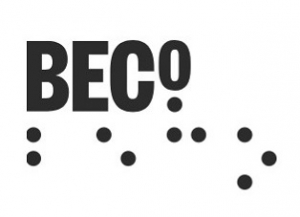 BECO., the social enterprise soap brand, is taking a new approach to business, calling on competitors and UK employers to take a stand when it comes to recruitment.
BECO., the social enterprise soap brand, is taking a new approach to business, calling on competitors and UK employers to take a stand when it comes to recruitment. “I wish other organisations would give people like us a chance. There are so many disabled people unemployed and I’m sure there are plenty of big companies that can do more to help.” says Michael, Team Leader at BECO.
“I wish other organisations would give people like us a chance. There are so many disabled people unemployed and I’m sure there are plenty of big companies that can do more to help.” says Michael, Team Leader at BECO.

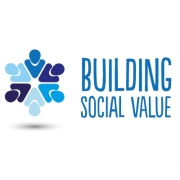
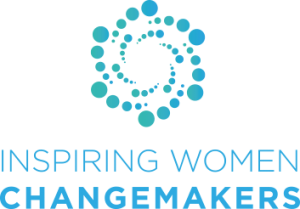


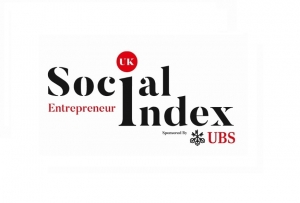
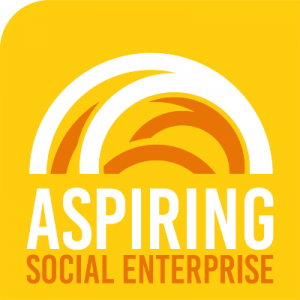
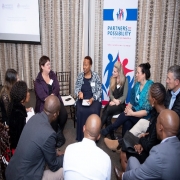

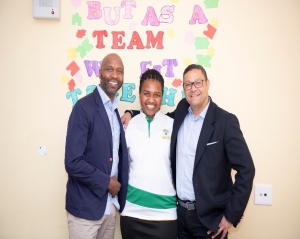
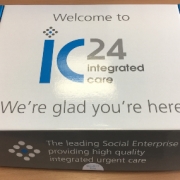
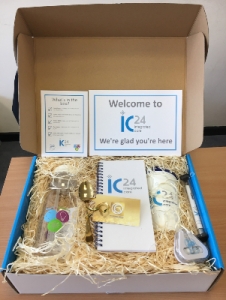
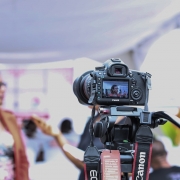
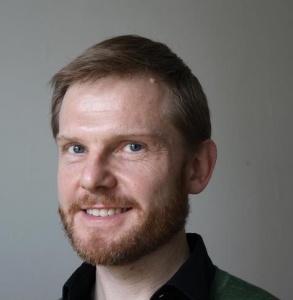
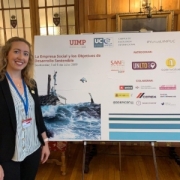
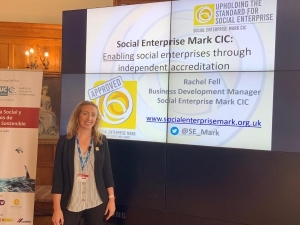

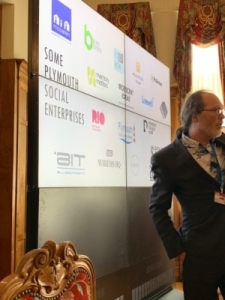

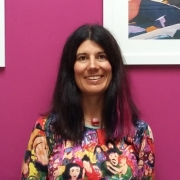
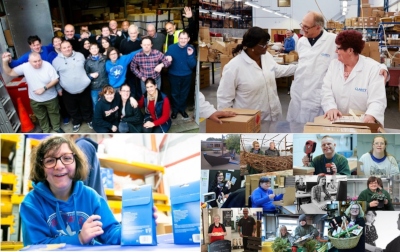
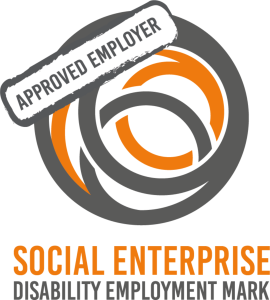
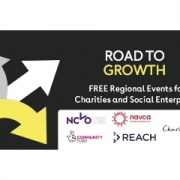

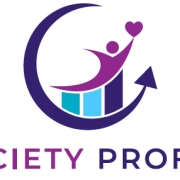
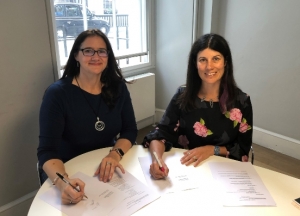

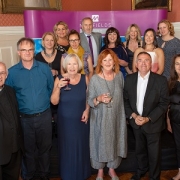
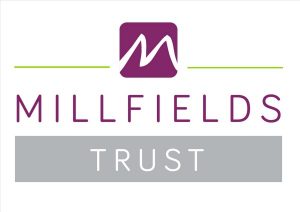
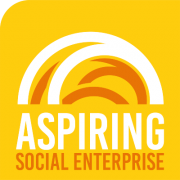


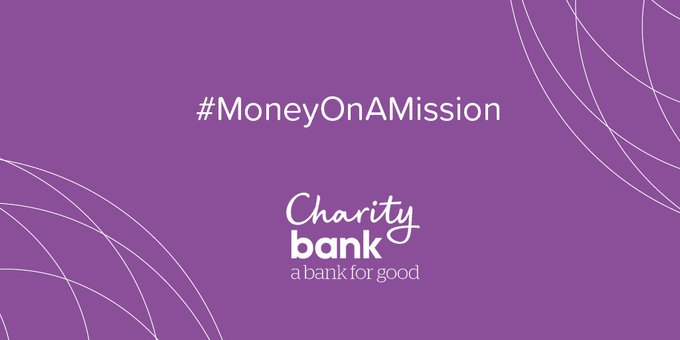
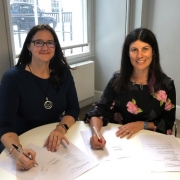
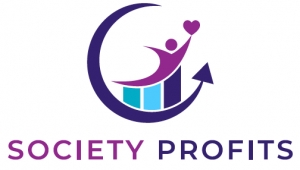

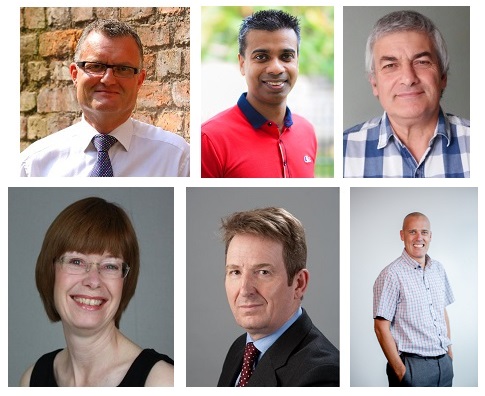



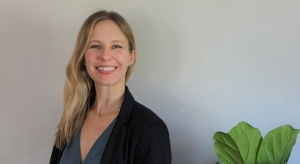
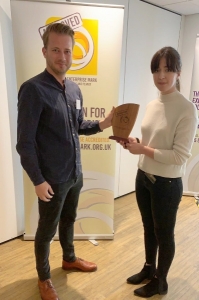
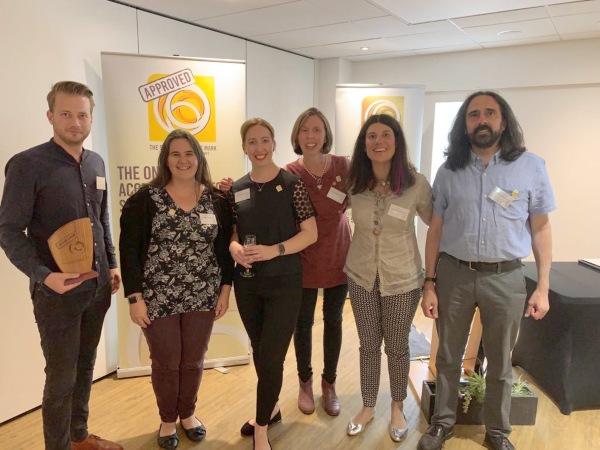
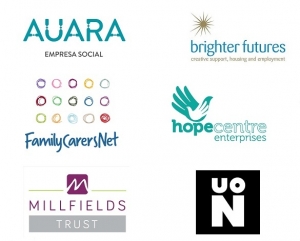

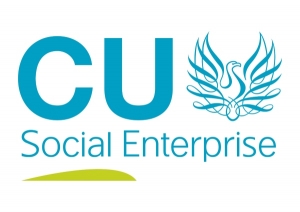
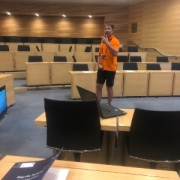

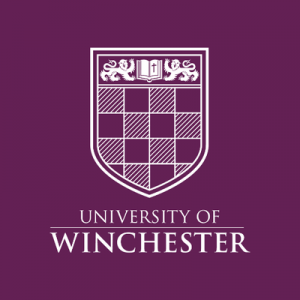
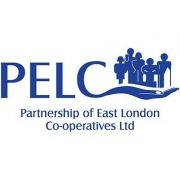


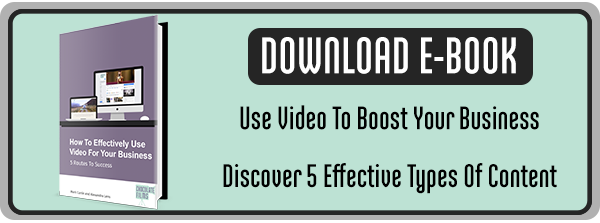


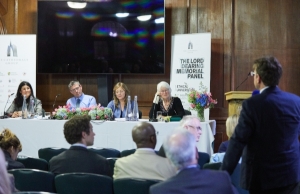
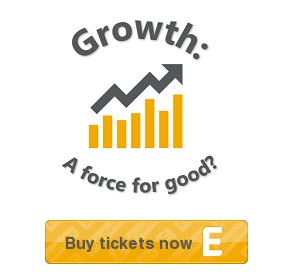
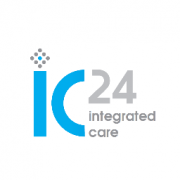
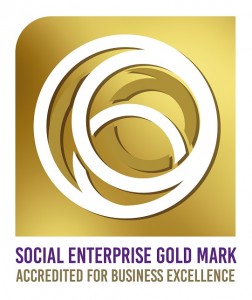
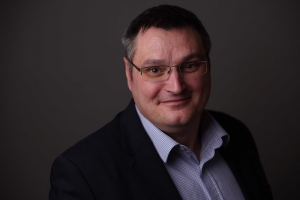
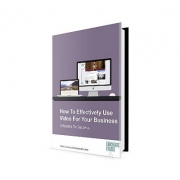

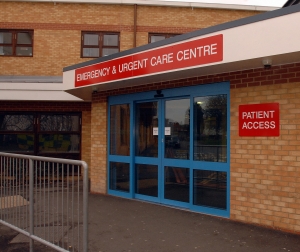
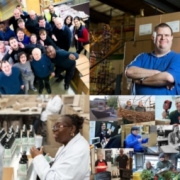
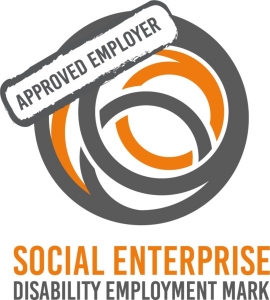
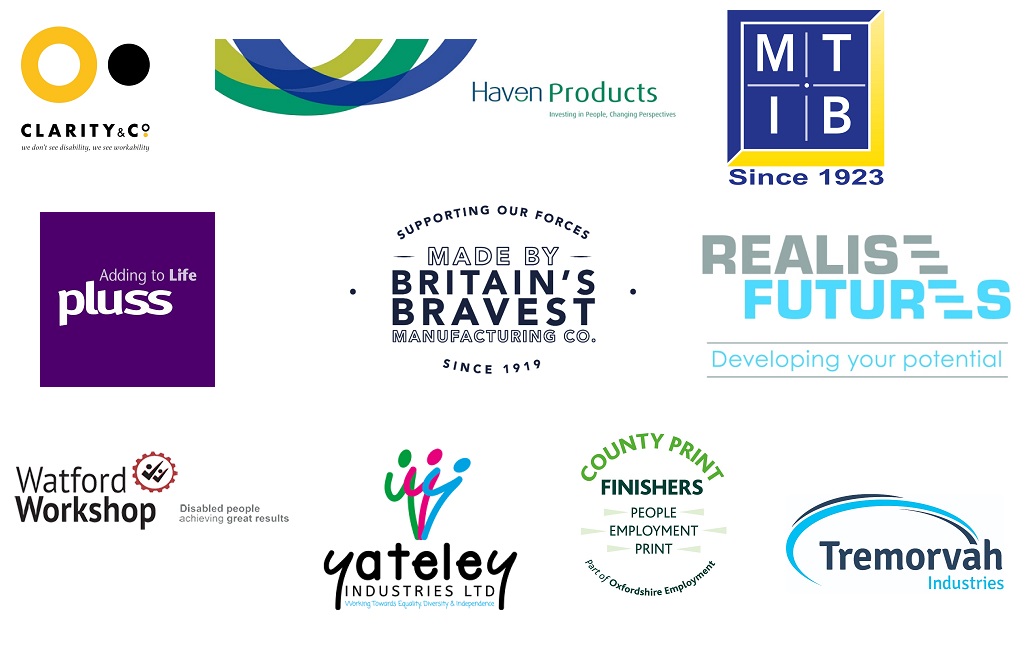
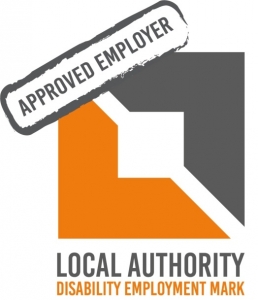
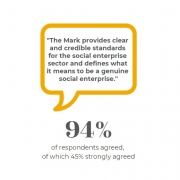
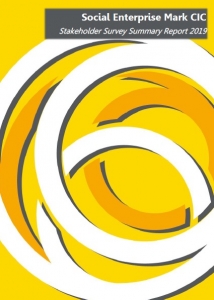
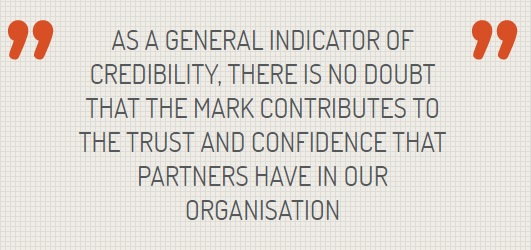

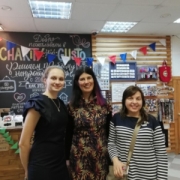
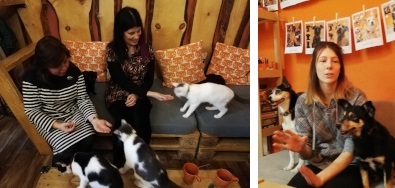

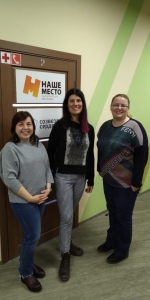
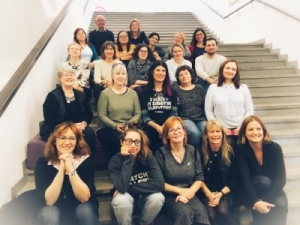
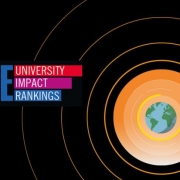

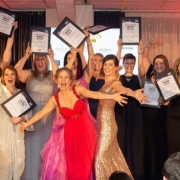
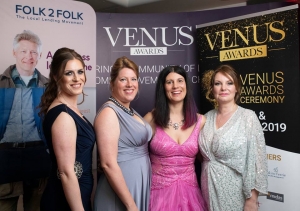
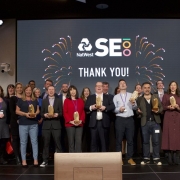

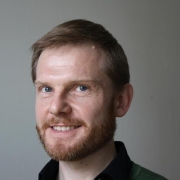

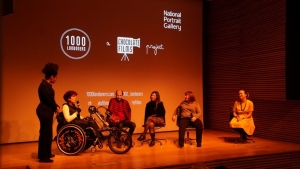

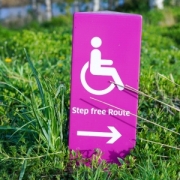

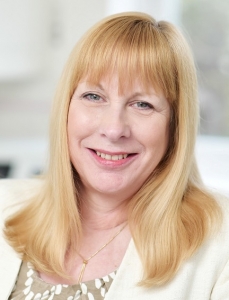

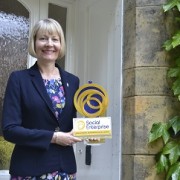

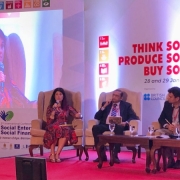
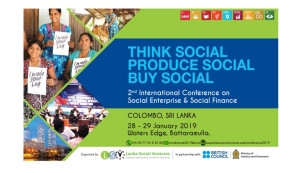

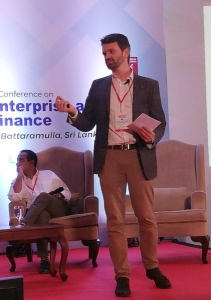
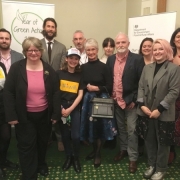
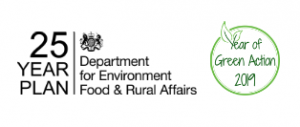
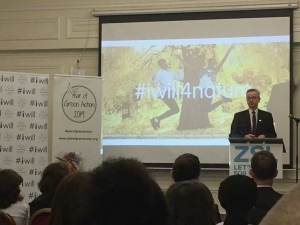
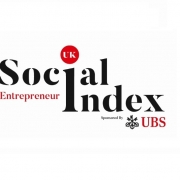

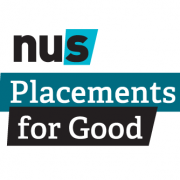

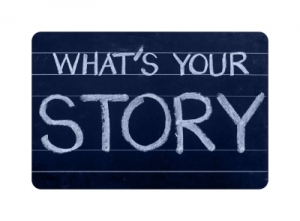

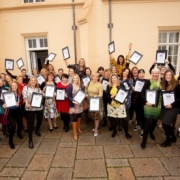
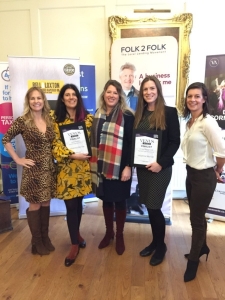


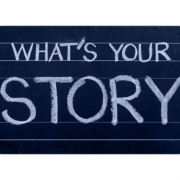


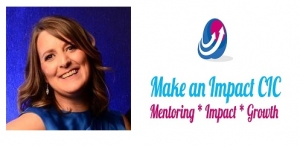


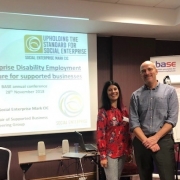
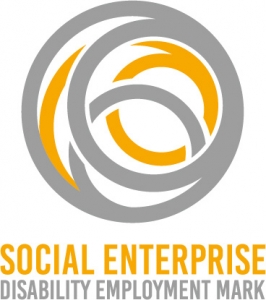

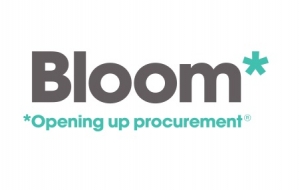
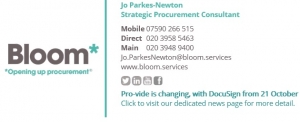
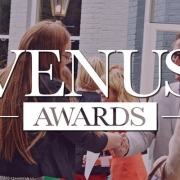
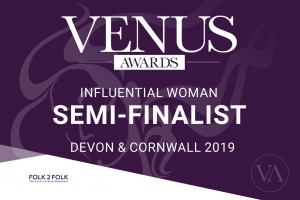



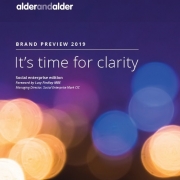
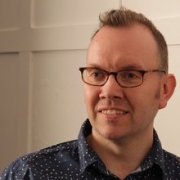
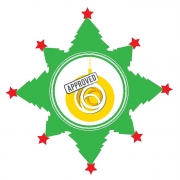
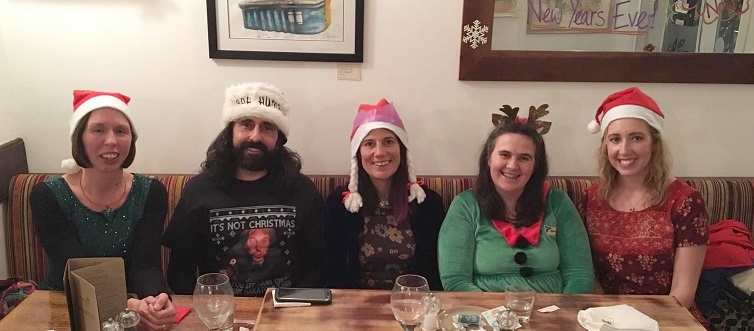
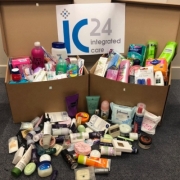
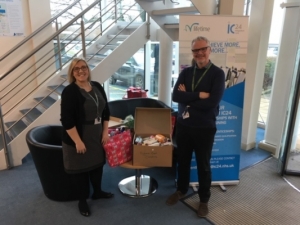

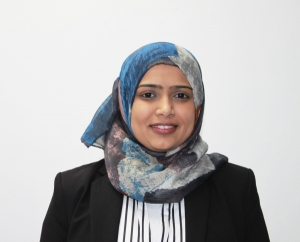
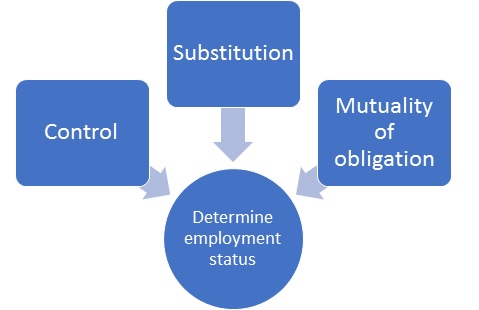

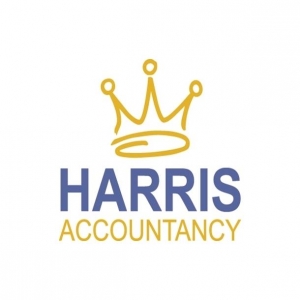
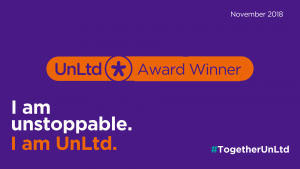
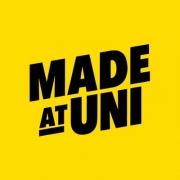

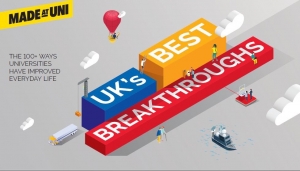

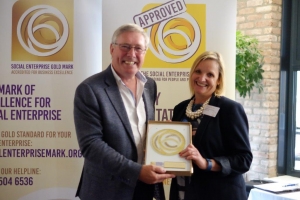
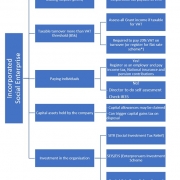

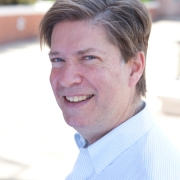

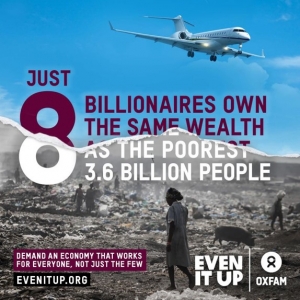


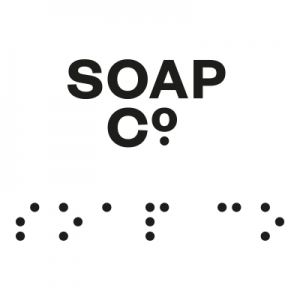
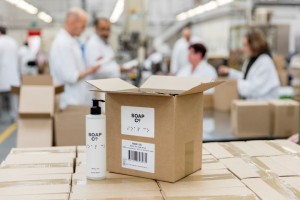


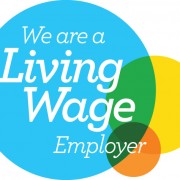
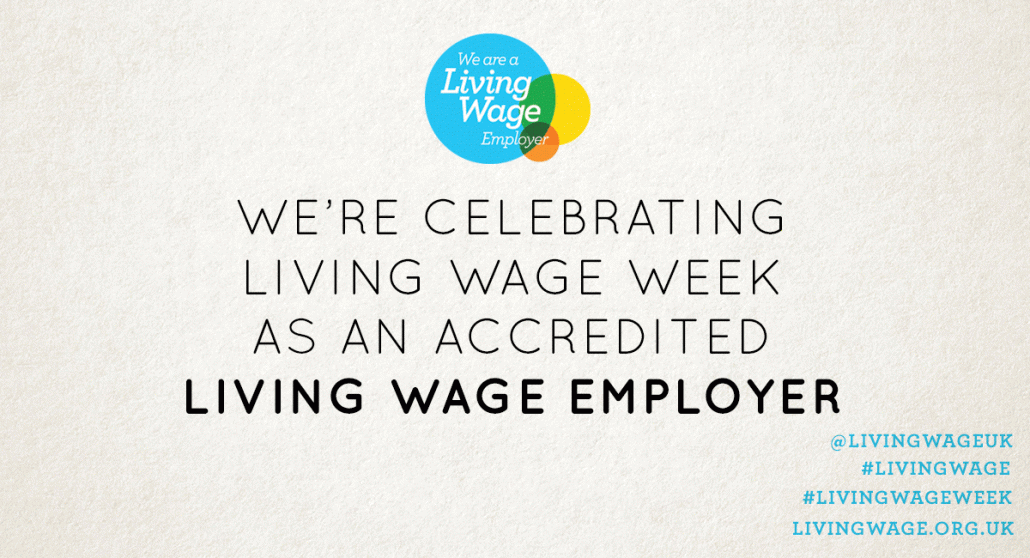
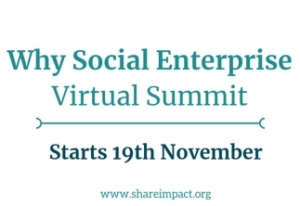
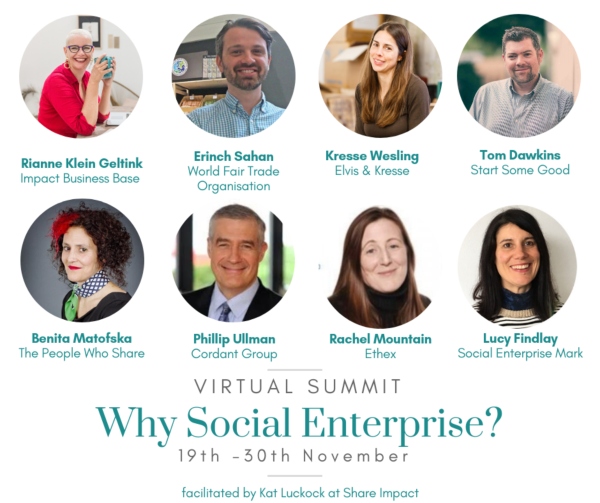



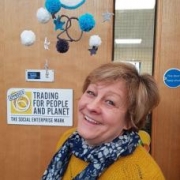

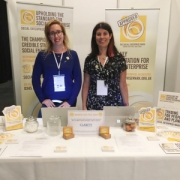
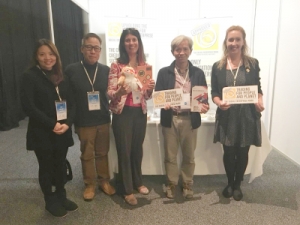
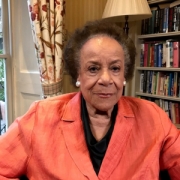
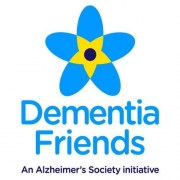

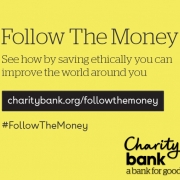
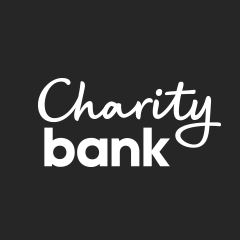
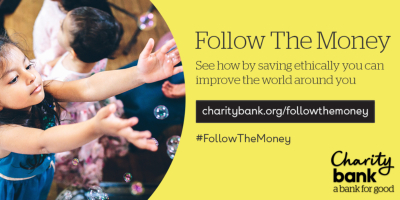

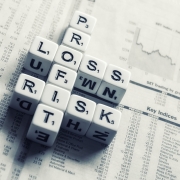
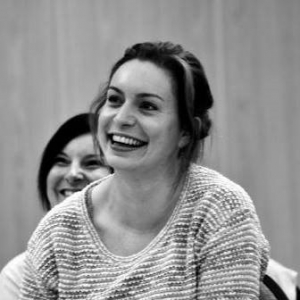
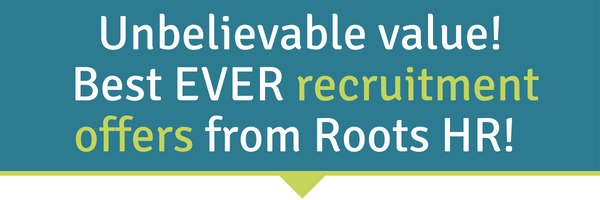





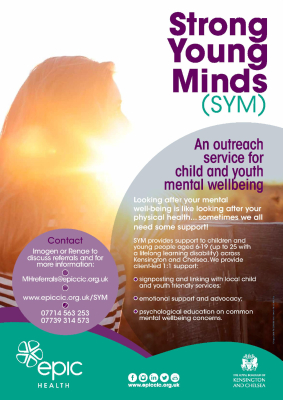
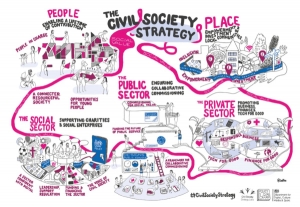

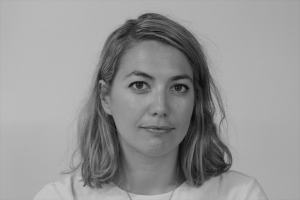




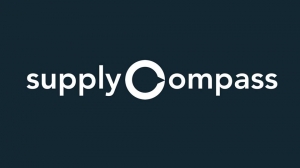
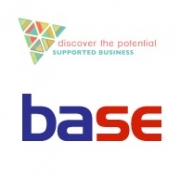

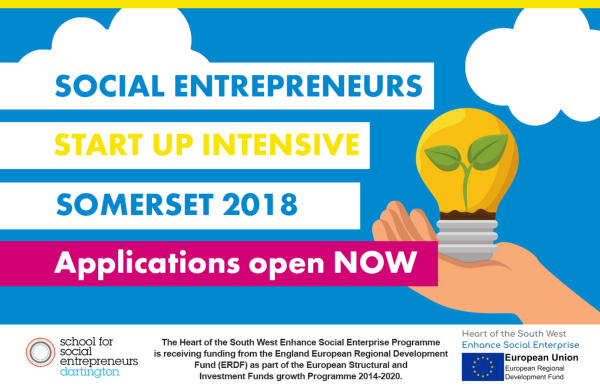
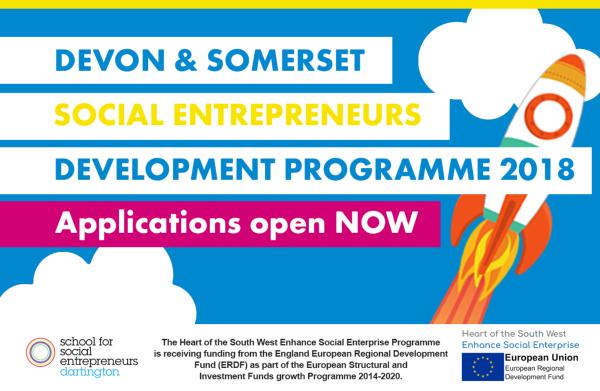

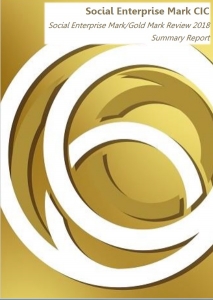
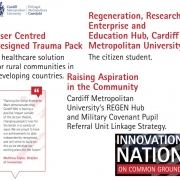
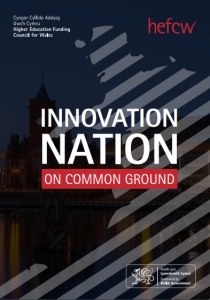
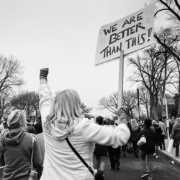

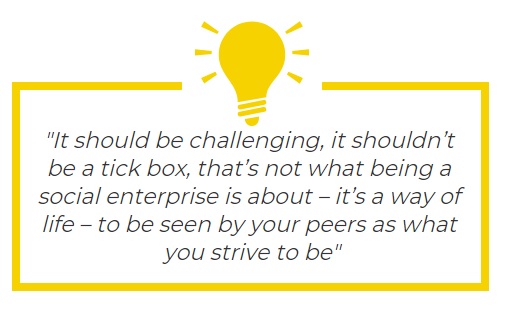

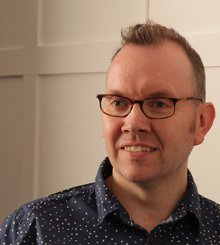

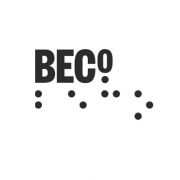
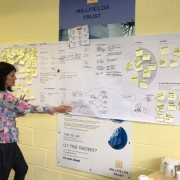
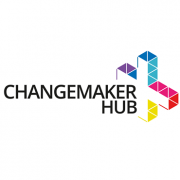
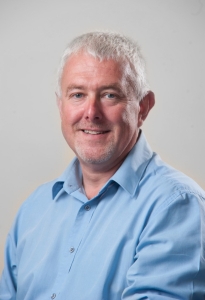

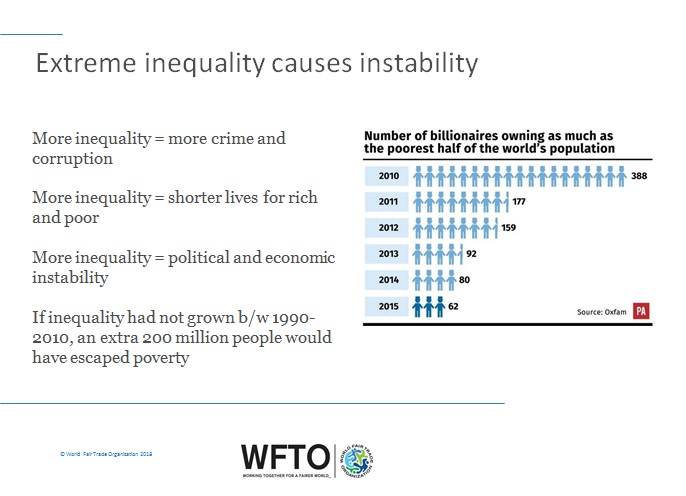
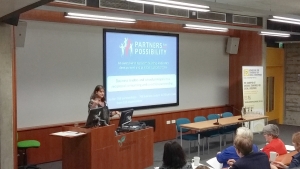
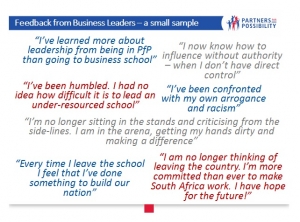
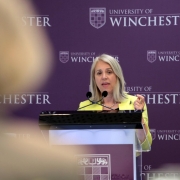
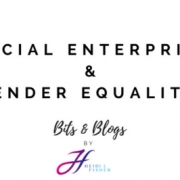
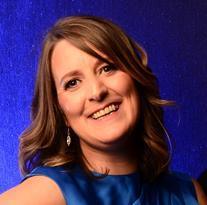


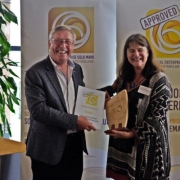
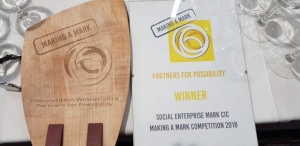
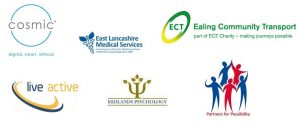

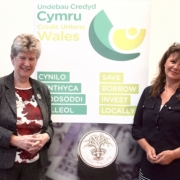
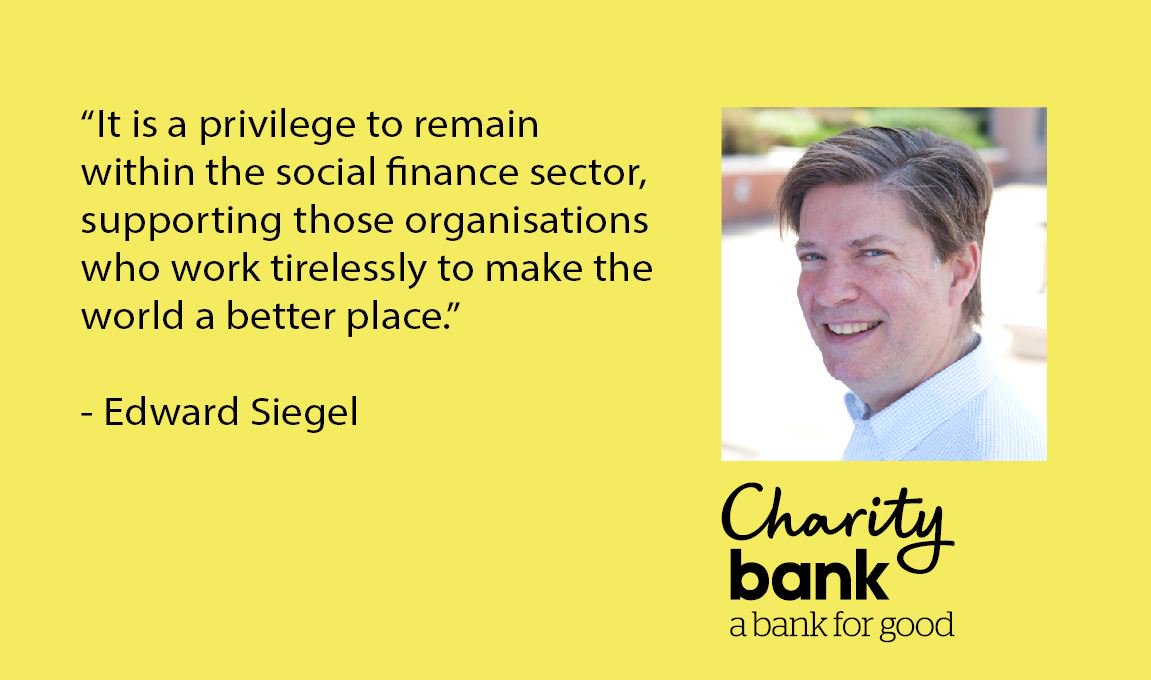

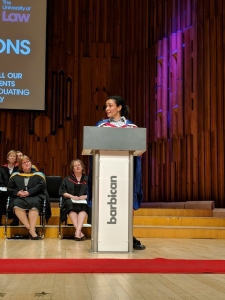


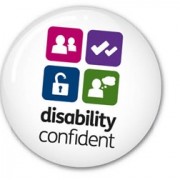




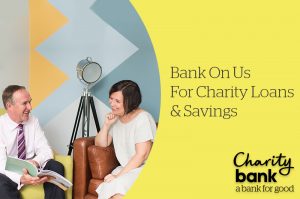
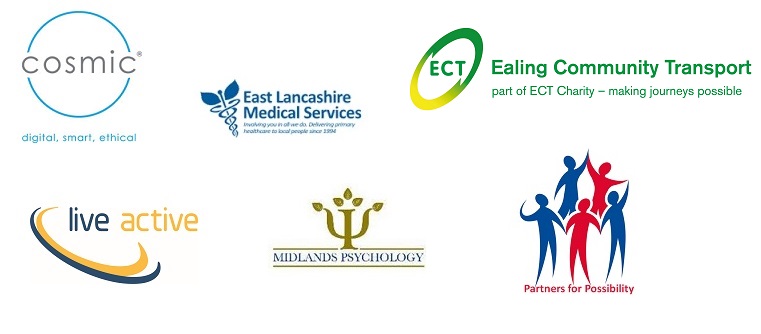
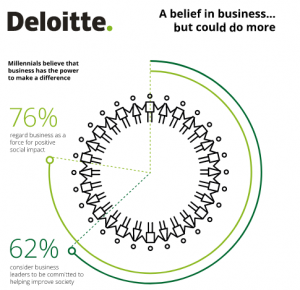
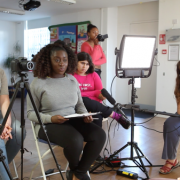
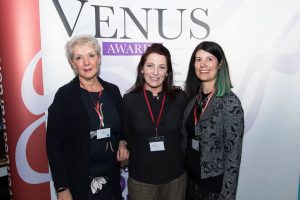
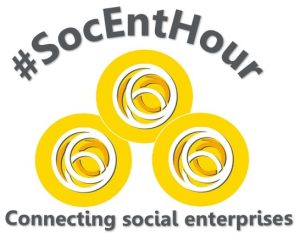
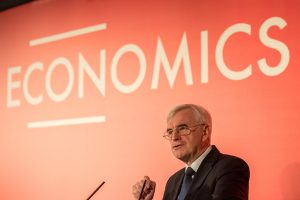



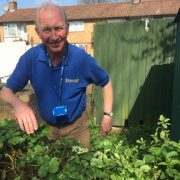
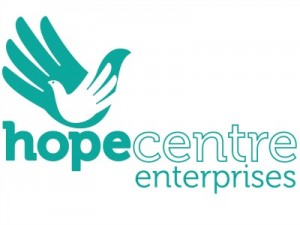
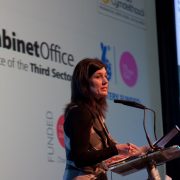
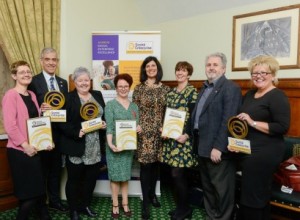
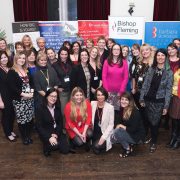



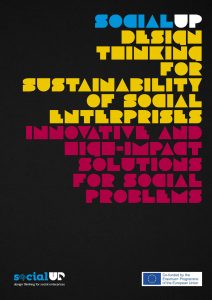
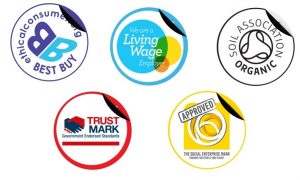
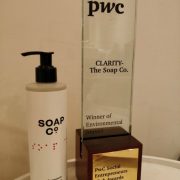






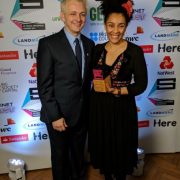



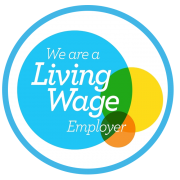


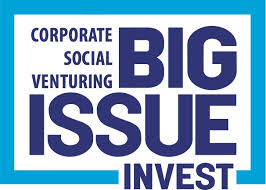
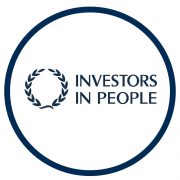
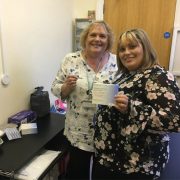
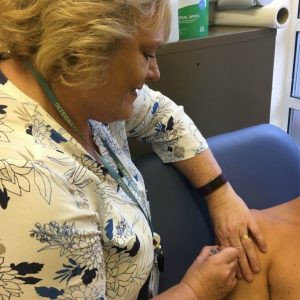




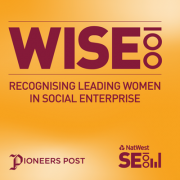
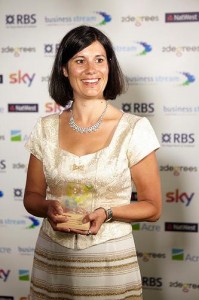


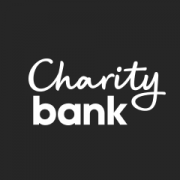

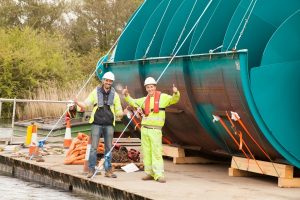
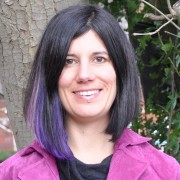
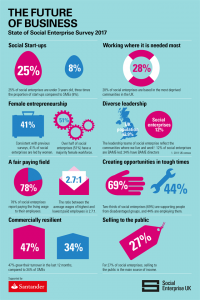
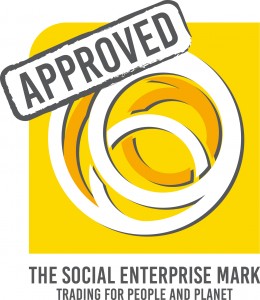


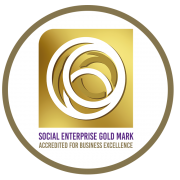
 The Social Enterprise Gold Mark was developed to provide a quality benchmark for social enterprises that can demonstrate excellence in key business areas, such as governance, business ethics, and social/environmental impact. As well as providing proof of a commitment to business excellence, it also acts as a business development tool – successful applicants receive an individually tailored action plan for continuous improvement, in line with Social Enterprise Gold Mark guidelines of best practice. Therefore, it is very much an ongoing development process, not just covering a snapshot in time at the point of assessment.
The Social Enterprise Gold Mark was developed to provide a quality benchmark for social enterprises that can demonstrate excellence in key business areas, such as governance, business ethics, and social/environmental impact. As well as providing proof of a commitment to business excellence, it also acts as a business development tool – successful applicants receive an individually tailored action plan for continuous improvement, in line with Social Enterprise Gold Mark guidelines of best practice. Therefore, it is very much an ongoing development process, not just covering a snapshot in time at the point of assessment.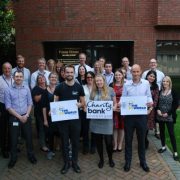
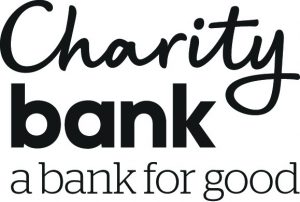
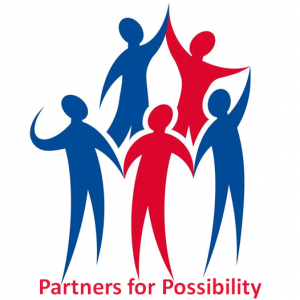
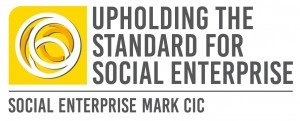
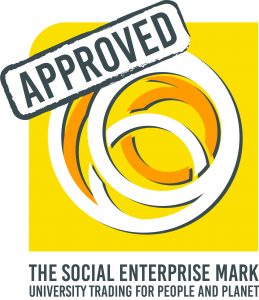

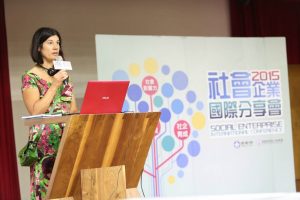


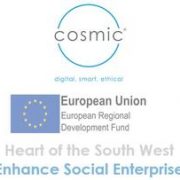


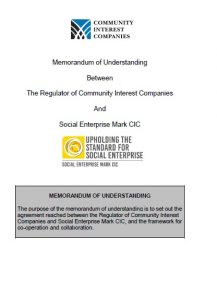
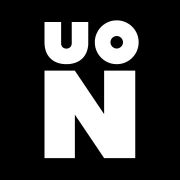


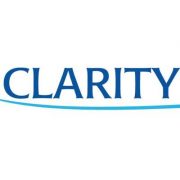


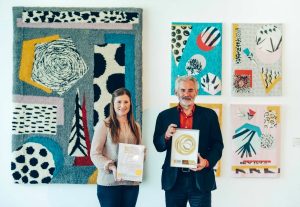
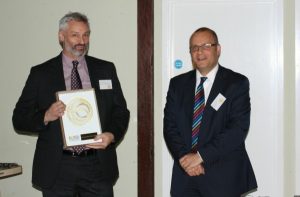
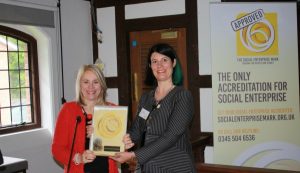

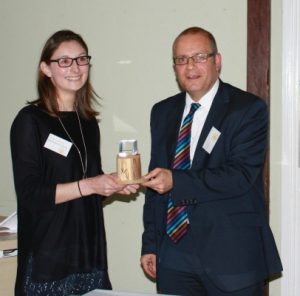
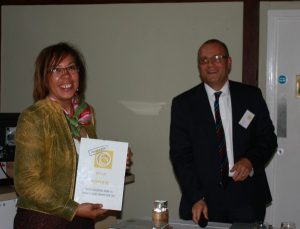
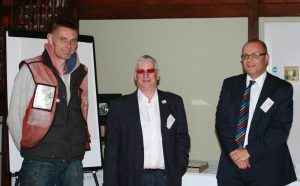


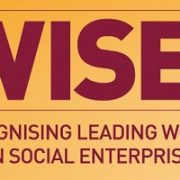


 I started to write this blog at the start of the year. Normally this is a time most people take stock and ask how can we BE and DO better? However, within our social care sector, this reappraisal is not new, but rather ongoing, and insidious. We are constantly being asked, how we can DO better. For many services this has resulted in cutting back, and prioritising profitability.
I started to write this blog at the start of the year. Normally this is a time most people take stock and ask how can we BE and DO better? However, within our social care sector, this reappraisal is not new, but rather ongoing, and insidious. We are constantly being asked, how we can DO better. For many services this has resulted in cutting back, and prioritising profitability.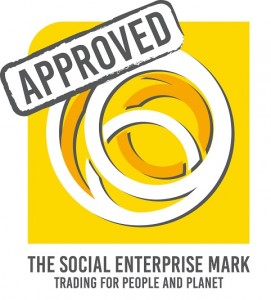



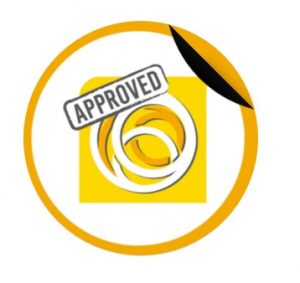


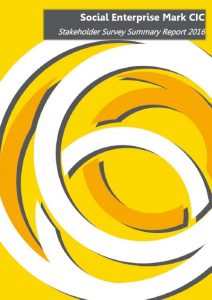








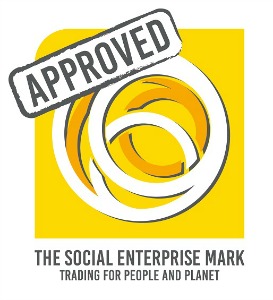

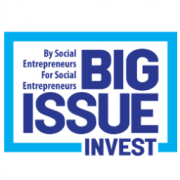
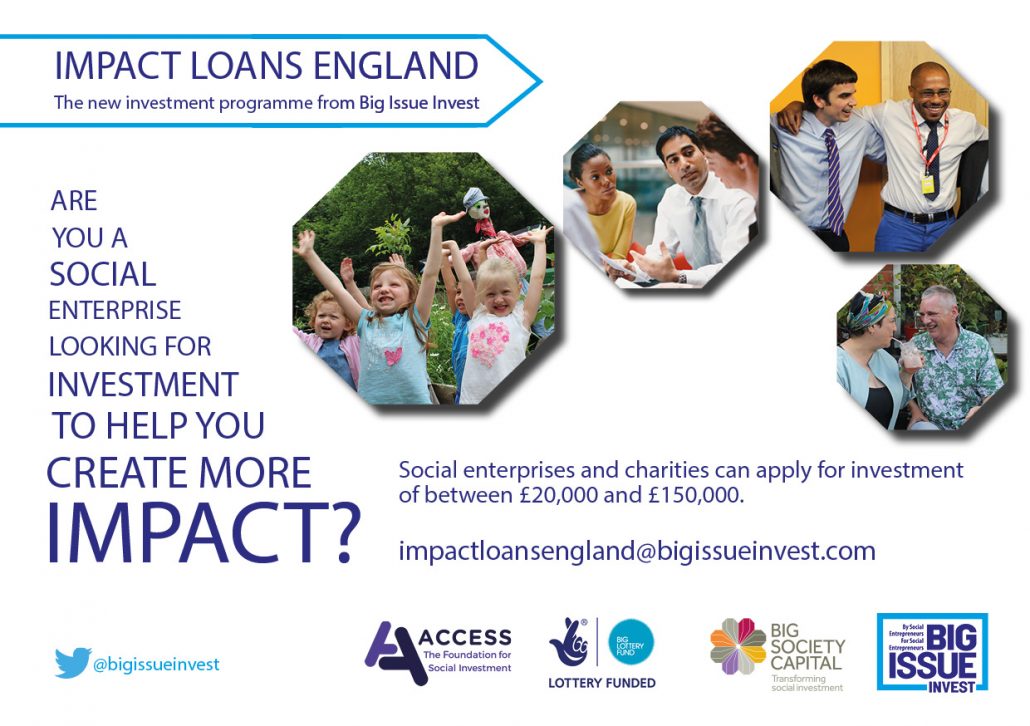





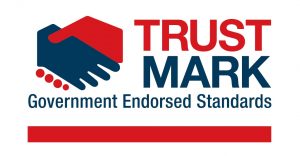
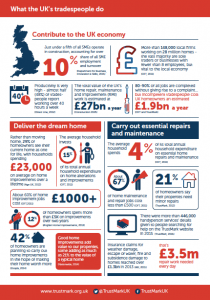


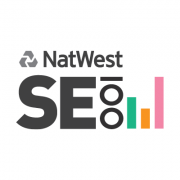


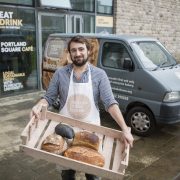

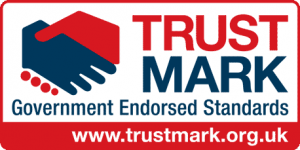
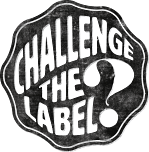 currently working with international sustainability standards, established by
currently working with international sustainability standards, established by 

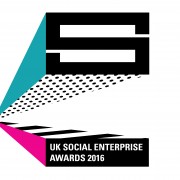

 Millfields Trust provides a platform to enable small and medium sized business to grow and develop. The Trust was set up to enable local people to contribute and manage the regeneration of the Stonehouse neighbourhood in Plymouth. They do this by focusing on job creation and the development of business.
Millfields Trust provides a platform to enable small and medium sized business to grow and develop. The Trust was set up to enable local people to contribute and manage the regeneration of the Stonehouse neighbourhood in Plymouth. They do this by focusing on job creation and the development of business.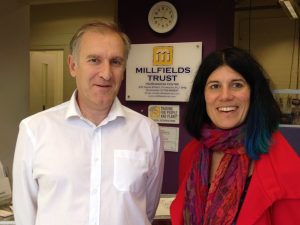

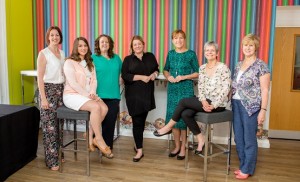
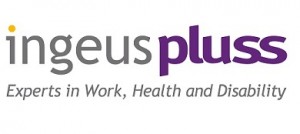
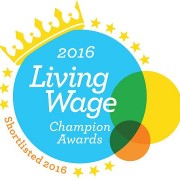
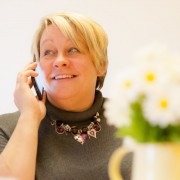


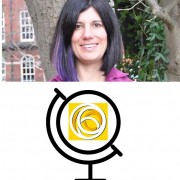
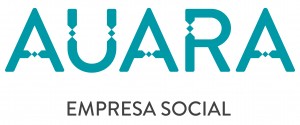
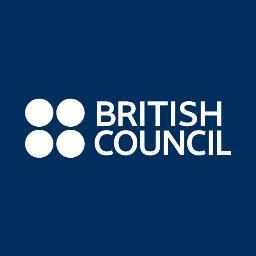 our Future, in 2015, which has led to more than 30 Russian social enterprises now holding their Social Enterprise Mark, we completed a similar piece of work for the British Council in China this year, advising on the development of a Chinese social enterprise accreditation system.
our Future, in 2015, which has led to more than 30 Russian social enterprises now holding their Social Enterprise Mark, we completed a similar piece of work for the British Council in China this year, advising on the development of a Chinese social enterprise accreditation system.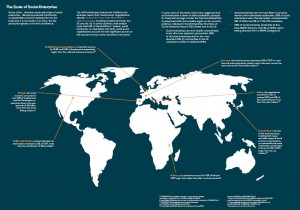
 AUARA seeks to turn the everyday act of drinking water into an extraordinary act – to bring clean drinking water to those who have no access to it.
AUARA seeks to turn the everyday act of drinking water into an extraordinary act – to bring clean drinking water to those who have no access to it.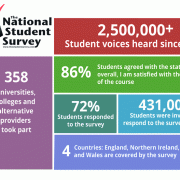



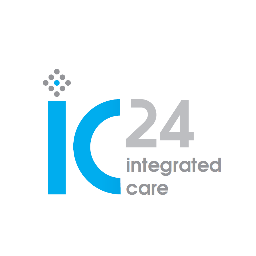
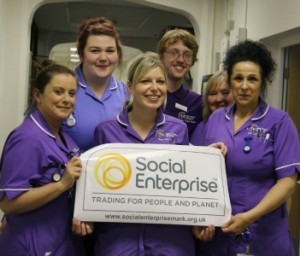
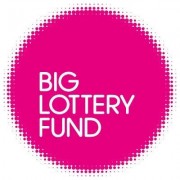
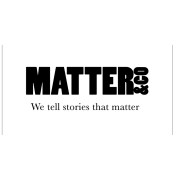
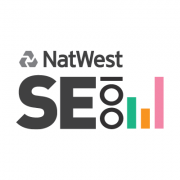
 WANTED: Bosses on a mission!
WANTED: Bosses on a mission!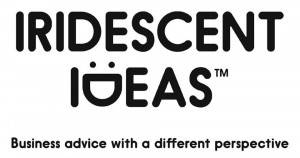
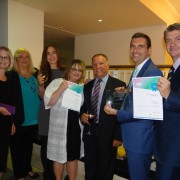
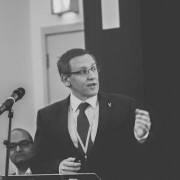





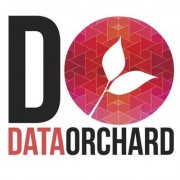

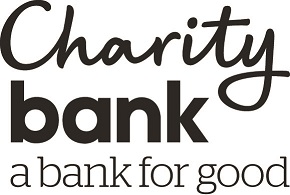
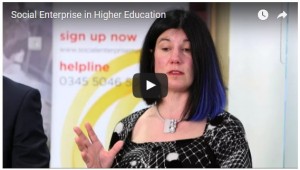


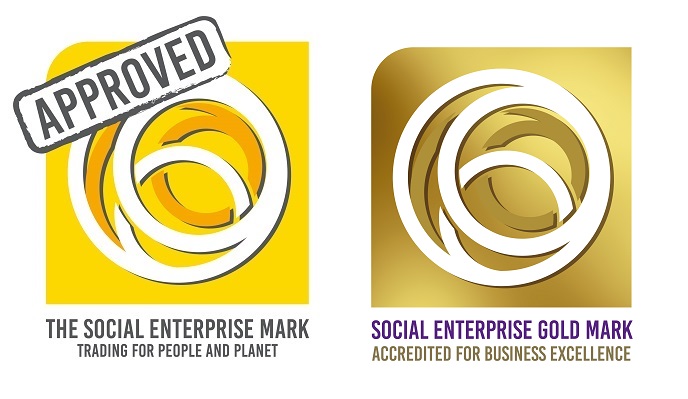
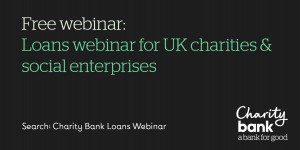

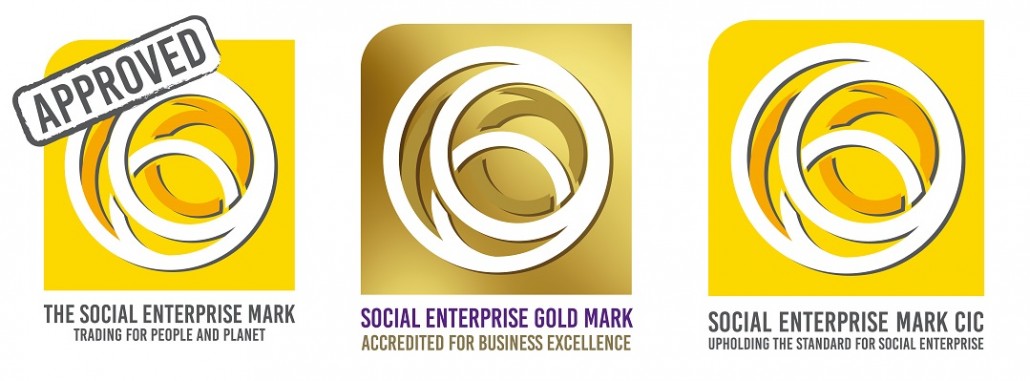
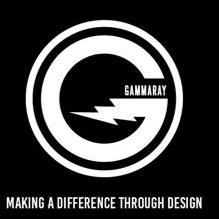
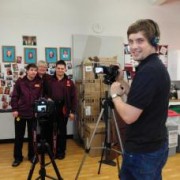

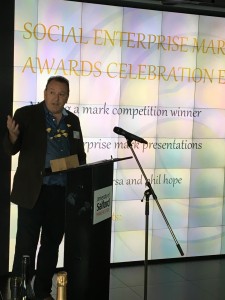
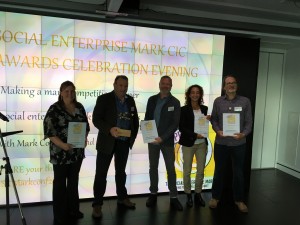


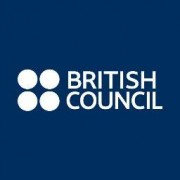
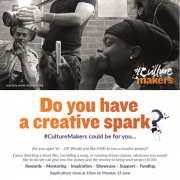
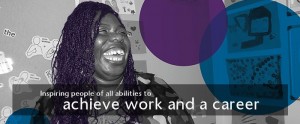
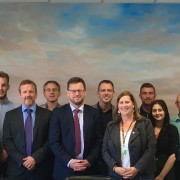
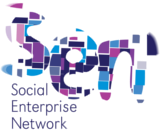

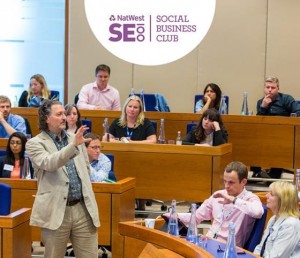

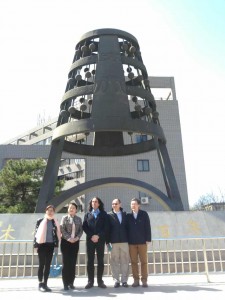
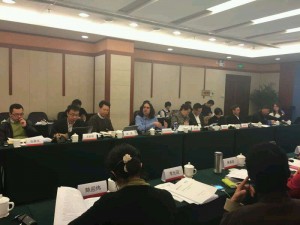
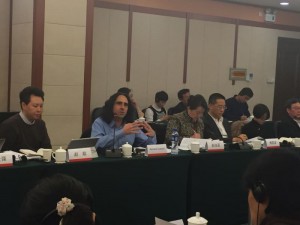


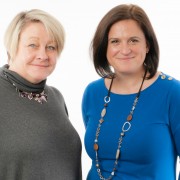


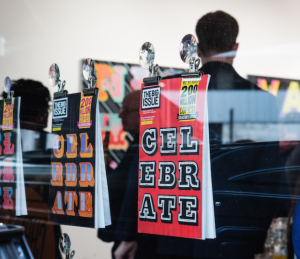
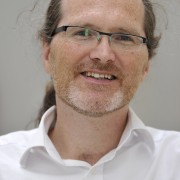

 The Mark provides an independent guarantee that an organisation has been through a robust assessment process, and is proven to be trading for people and planet. This is the crucial differentiator, and distinguishes social enterprises’ core motivation for being in business, which sets them apart from standard business models, where the key motivation is often to maximise profits for shareholders.
The Mark provides an independent guarantee that an organisation has been through a robust assessment process, and is proven to be trading for people and planet. This is the crucial differentiator, and distinguishes social enterprises’ core motivation for being in business, which sets them apart from standard business models, where the key motivation is often to maximise profits for shareholders.